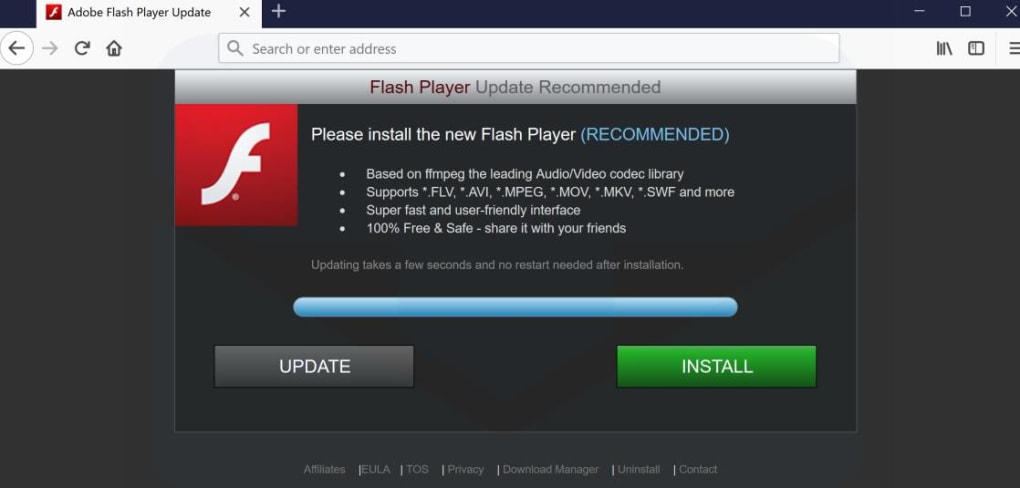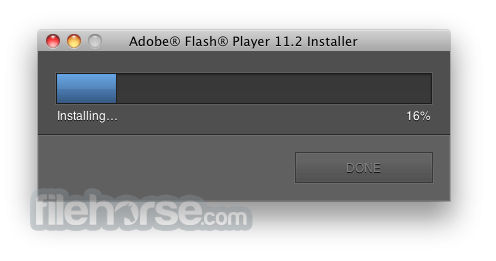

Userconfig 'copy settings.sol if it isnt there If Not (oFSO.FolderExists(sFplayer2)) Then If Not (oFSO.FolderExists(sSupport)) Then If Not (oFSO.FolderExists(sMacromedcom)) Then If Not (oFSO.FolderExists(sFplayer1)) Then

If Not (oFSO.FolderExists(sMacromedia)) Then SFplayer1 = sMacromedia & "Flash Player\" SProfile = oShell.ExpandEnvironmentStrings("%USERPROFILE%") & "\AppData\Roaming\" (a very slightly modified version of a previous post):ĭim oShell, oFSO, sProfile, sFile, sSys, sSOLsettingsĭim sMacromedia, sFplayer1, sMacromedcom, sSupport, sFplayer2 The above I use in a OS deployment and therefor I cannot change the user setting at that stage, but this has been tested to work in 64bit: SysWOW64 needs to be substituted for System32 in 32bit installations. SFile = oShell.ExpandEnvironmentStrings("%WinDir%") & "\SysWOW64\Macromed\Flash\mms.cfg" Set oFSO = CreateObject("Scripting.FileSystemObject") Install_flash_player_10_active_x.exe -installĪ VBS script to override automatic updates setting: To sum up some of the above and what worked for me in SCCM with 10.3: WshShell.Run "msiexec /i \\servername\path_to_AdobeFlashPlayer_msi_file\install_flash_player_10_active_x.msi /qn" Set WshShell = CreateObject("WScript.Shell") OShell.Run "%comspec% /c \\servername\path_to_uninstallfile\uninstall_flash_player.exe -uninstall", 2, Trueįunction InstallFlash() 'Installation Adobe FlashPlayer version 10.2.159.1 Set oShell = CreateObject("WScript.Shell") ("Select * from Win32_Process Where Name = 'iexplore.exe'")įunction UninstallOldFlash() 'Uninstall of older versions Adobe FlashPlayer Set colProcessList = objWMIService.ExecQuery _ You will have to use the uninstaller rather than msiexec /x!\\" & strComputer & "\root\cimv2")
#Install adobe flash player 13 activex plugin install#
"The version of Adobe Flash Player ActiveX that you are trying to install is not the most current version". Downgrading versions give you an error message:


 0 kommentar(er)
0 kommentar(er)
